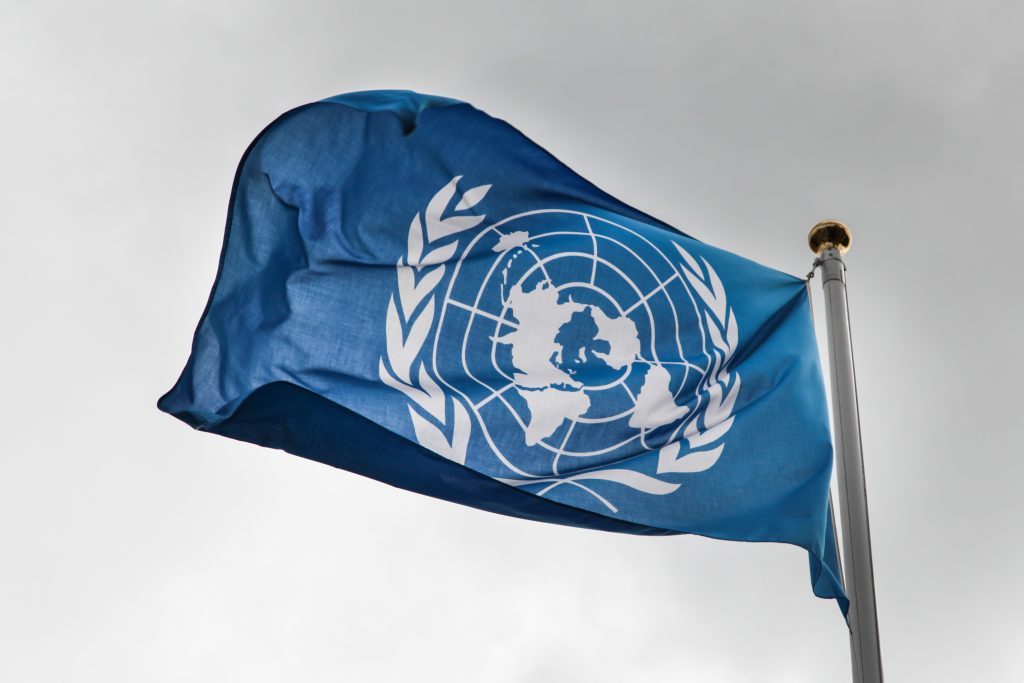Slovakia has been among the more outspoken opponents of the EU Migration Pact, adopted in April 2024, with the country’s new populist Prime Minister Robert Fico stating that Brussels “cannot order a country that it must accept, in the Slovak case, up to 300 migrants you know nothing about, or pay 20,000 euros for each […]
European Union
Lithuania: Reports of Arbitrary Detention, Physical Abuse, and Pushbacks
Recent reports highlight ongoing abuses of migrants and asylum seekers by Lithuanian border guards, including arbitrary detention, ill-treatment, and pushbacks into Belarus. The Human Rights Monitoring Institute (HRMI), a GDP partner in Lithuania, recently documented three cases involving unlawful restrictions of migrants’ liberty, abuses by Lithuanian authorities, and pushbacks to Belarus. According to their report, […]

Senegal: Blocking the West African Migration Route
The West African migration route leading to Spain’s Canary Islands saw a major spike in traffic in 2023, increasing by 161 percent compared to 2022, according to the European Union border agency, Frontex. As most of these crossings originate in Senegal and involve mainly young migrants, many under the age of 18, the country’s efforts […]

FRANCE: New Immigration Law Ends Detention of Children but Eases Deportation
A controversial new immigration law has come into force in France that prohibits detention of children while at the same time limiting access to social assistance for migrants and facilitating removal procedures. […]

Slovenia Extends Border Controls and Announces Migrant “Handling Facilities” at Croatian Border
Amid a rise in the number of irregular arrivals intercepted at the country’s border, the Slovenian government has introduced increased border controls along its Croatian and Hungarian borders and announced plans to establish a migrant “handling facility” at the Obrežje border crossing. According to Slovenian police, 60,587 people were intercepted while attempting to enter Slovenia […]

Poland: Detainees Hold Largest Hunger Strike To-Date; Poles Called To Vote on Refugee and Migrant Policies
Between 5 and 9 September, immigration detainees in Poland’s Przemysl detention centre (Guarded Centre for Aliens) held a hunger strike against “arbitrary detention” and their prolonged detention in the centre. Taking place against a backdrop of growing anti-migrant rhetoric in the run up to the country’s October elections and referendum, this was the largest collective […]

The removal operation: preparations and conduct In Germany (from report of the European Committee for the Prevention of Torture 2023 visit to Germany)
A. The removal operation: preparations and conduct; (Read full CPT report) 8. A main destination for refugees, asylum seekers and migrants, Germany has over the past decade received the highest number of asylum seekers in the European Union (EU).8 Since 2015, the country has pursued several initiatives and restrictive measures to reduce the number of […]

Estonia’s Detainee Mobile Phone Ban Ruled Unconstitutional
In June, Estonia’s Supreme Court ruled against a ban on immigration detainees using their mobile phones. Challenging restrictions on detainees’ ability to access the internet, the court also held that access to the internet is a human right which must be upheld by detention centre management. […]

Imprisonment Rather Than Protection: Pylos Survivors Detained in Greece
On 14 June, hundreds of refugees and migrants lost their lives in the Mediterranean’s deadliest shipwreck in nearly a decade. As many as 750 individuals are believed to have been in the boat when it capsized, but just 104 were found alive. Taken ashore, survivors were met not with protection and sanctuary, but detention in […]

Romania’s Treatment of Migrants and Asylum Seekers Challenged by UN Committee against Torture
On 19 and 20 July, the UN Committee against Torture (CAT) considered the third periodic report of Romania. In its concluding observations following its review, CAT noted several concerns regarding the treatment of migrants and asylum seekers in the country, including the immigration detention of vulnerable groups such as unaccompanied children and victims of torture; […]




